Regarding statements by Ministers in the Serbian government Ivica Dačić and Aleksandar Vulin: Instead of “exonerating” Milošević, better to Establish the Facts about the Past
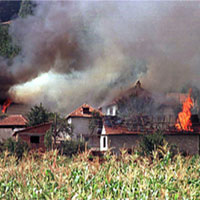
 Responding to the claims of certain analysts and bloggers, according to whom the former president of Serbia and the Federal Republic of Yugoslavia (FRY) Slobodan Milošević was „exonerated“ of the charges for crimes committed in Bosnia and Herzegovina by the ICTY judgment rendered in the case of Radovan Karadžić, Serbian government ministers Ivica Dačić and Aleksandar Vulin have rushed to accept such a view and to conclude that „the ICTY has confirmed the legitimacy of Milošević’s policy“. The Humanitarian Law Center (HLC) strongly condemns statements the purpose of which is to deny the facts about the wars in the former Yugoslavia and to restore Milošević’s policy. The HLC demands that the state authorities of Serbia start a broad social debate on the past and initiate setting up the Regional Commission for the establishment of the facts about war crimes and other serious violations of human rights committed in the former Yugoslavia from January 1, 1991 until December 31, 2001 (RECOM).
Responding to the claims of certain analysts and bloggers, according to whom the former president of Serbia and the Federal Republic of Yugoslavia (FRY) Slobodan Milošević was „exonerated“ of the charges for crimes committed in Bosnia and Herzegovina by the ICTY judgment rendered in the case of Radovan Karadžić, Serbian government ministers Ivica Dačić and Aleksandar Vulin have rushed to accept such a view and to conclude that „the ICTY has confirmed the legitimacy of Milošević’s policy“. The Humanitarian Law Center (HLC) strongly condemns statements the purpose of which is to deny the facts about the wars in the former Yugoslavia and to restore Milošević’s policy. The HLC demands that the state authorities of Serbia start a broad social debate on the past and initiate setting up the Regional Commission for the establishment of the facts about war crimes and other serious violations of human rights committed in the former Yugoslavia from January 1, 1991 until December 31, 2001 (RECOM).






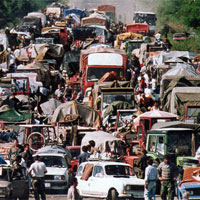

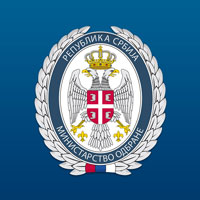


 In April and May 2016, the Office of the State Public Prosecutor (SPP) lodged two claims with the Administrative Court seeking the annulment of the decisions of the Commissioner for Information of Public Importance and Personal Data Protection (Commissioner), by which the Commissioner had ordered the Ministry of Defence (MoD) to provide the Humanitarian Law Center (HLC) information of public importance concerning the professional engagement of two officers of the Yugoslav Army (VJ) during the Kosovo conflict. The HLC considers that the SPP has abused its legal powers in order to shield individuals and institutions from responsibility for past crimes to the detriment of the public’s right to know, and that these claims constitute in effect an open attack on the office of the Commissioner.
In April and May 2016, the Office of the State Public Prosecutor (SPP) lodged two claims with the Administrative Court seeking the annulment of the decisions of the Commissioner for Information of Public Importance and Personal Data Protection (Commissioner), by which the Commissioner had ordered the Ministry of Defence (MoD) to provide the Humanitarian Law Center (HLC) information of public importance concerning the professional engagement of two officers of the Yugoslav Army (VJ) during the Kosovo conflict. The HLC considers that the SPP has abused its legal powers in order to shield individuals and institutions from responsibility for past crimes to the detriment of the public’s right to know, and that these claims constitute in effect an open attack on the office of the Commissioner. 

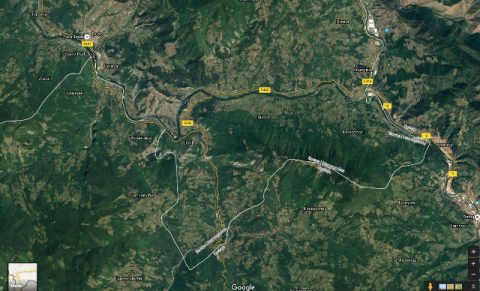
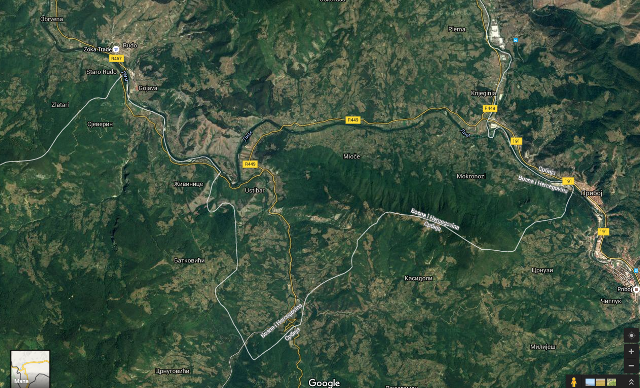 Case analysis: Republic of Serbia exempt from any responsibility for the crime against the inhabitants of Sjeverin
Case analysis: Republic of Serbia exempt from any responsibility for the crime against the inhabitants of Sjeverin


 The Humanitarian Law Center (HLC) and the
The Humanitarian Law Center (HLC) and the 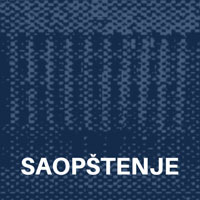
 The Humanitarian Law Center (HLC) filed an
The Humanitarian Law Center (HLC) filed an